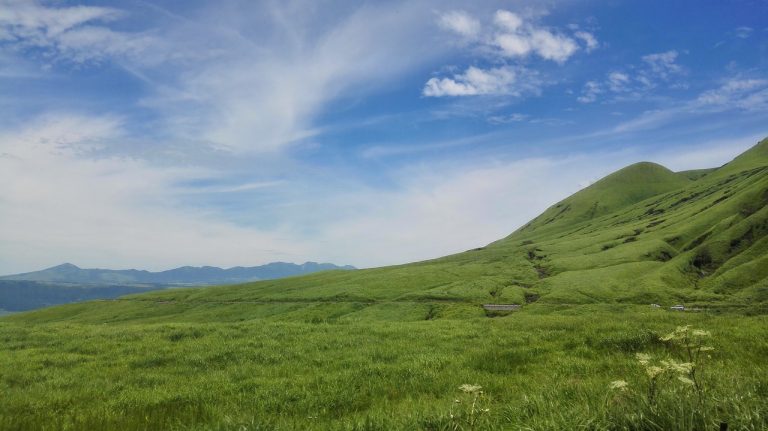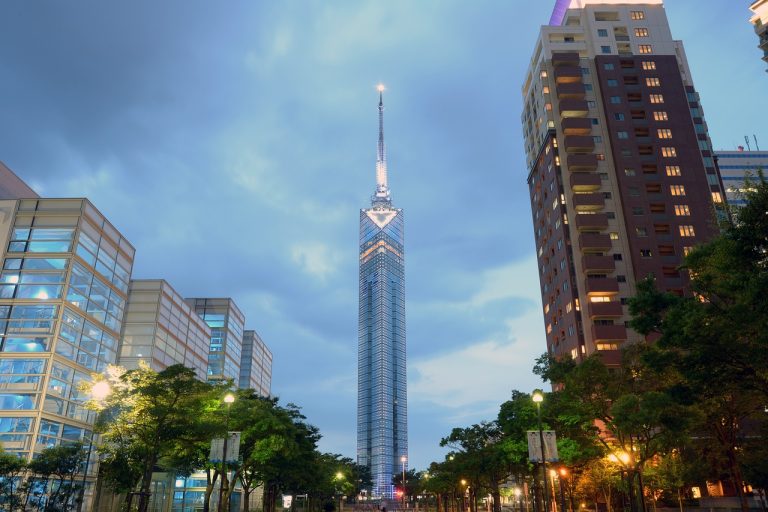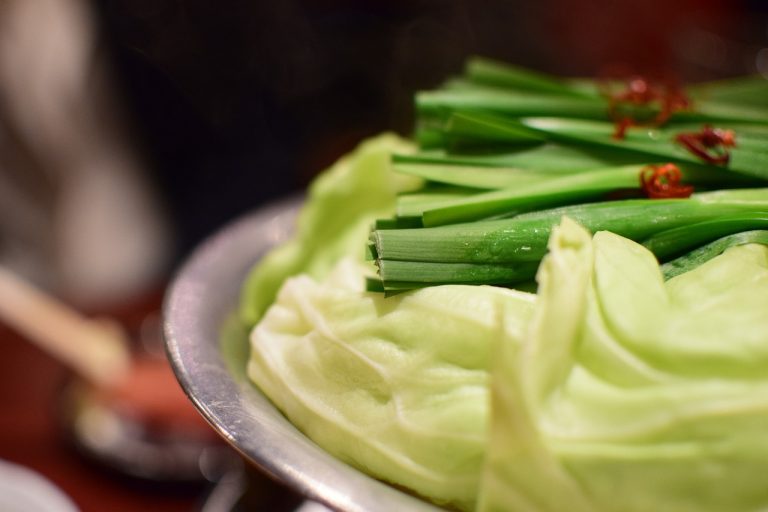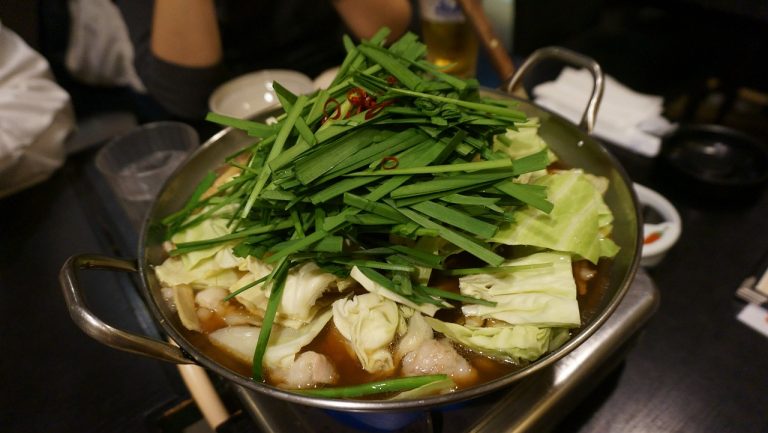Fukuoka Japan Video
Eco-tourism in Fukuoka Japan: Sustainable and Green Travel Options
Fukuoka, located on the northern shore of Japan’s Kyushu Island, is a city known for its vibrant culture, delicious food, and rich history. In recent years, Fukuoka has also become a popular destination for eco-conscious travelers seeking sustainable and green travel options. From eco-friendly accommodations to nature conservation efforts, Fukuoka offers a range of opportunities for travelers to experience eco-tourism at its finest. This article will explore ten sections highlighting the various sustainable and green travel options available in Fukuoka.
Natural Parks and Conservation Areas
- Ohori Park: Located in the heart of Fukuoka, Ohori Park is a beautiful green space surrounding a large pond. Visitors can enjoy walking trails, cherry blossoms in spring, and vibrant foliage in autumn.
- Uminonakamichi Seaside Park: This expansive park offers a variety of outdoor activities, including cycling, picnicking, and birdwatching. It is home to diverse flora and fauna, making it a haven for nature lovers.
- Genkai Quasi-National Park: Stretching across Fukuoka and Saga prefectures, Genkai Quasi-National Park boasts stunning coastal landscapes, rugged cliffs, and sandy beaches. Visitors can explore hiking trails, go fishing, or simply relax by the sea.
Fukuoka Japan Image 1: 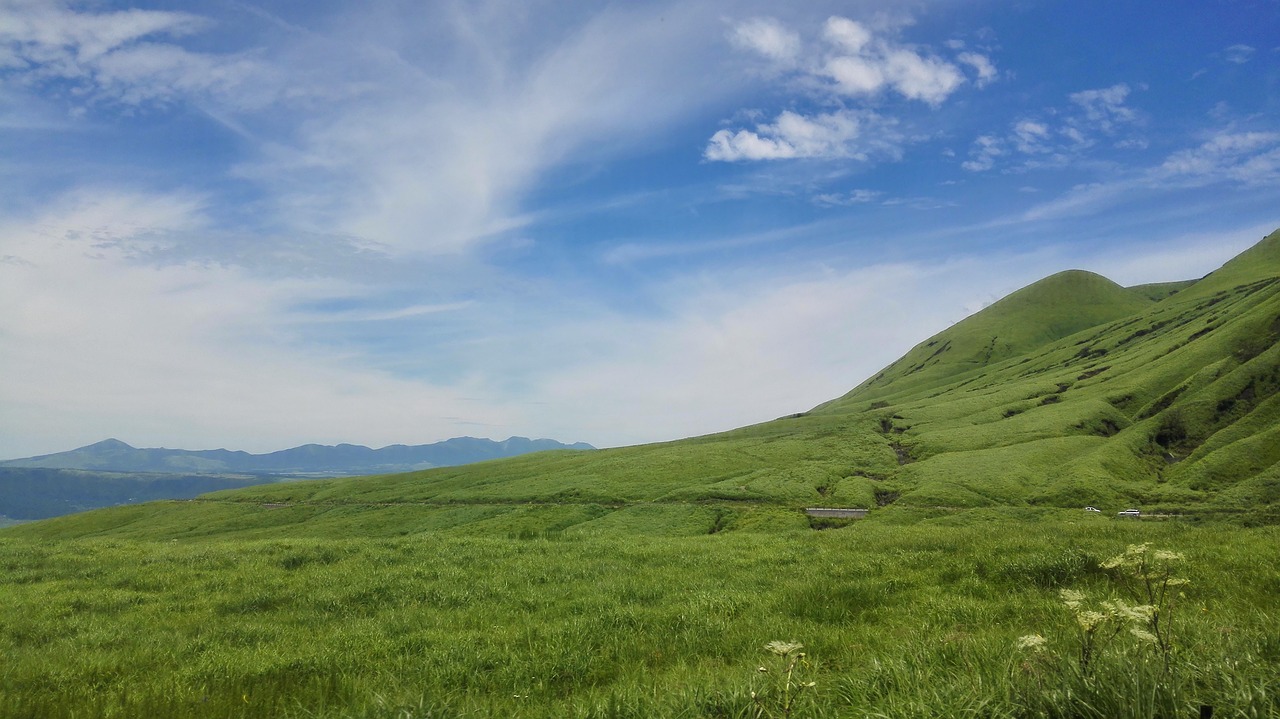
Eco-Friendly Accommodations
- Hotel The Scene: This boutique hotel is committed to sustainability, offering eco-friendly amenities, energy-saving practices, and locally sourced organic food.
- Guesthouse Kakure-Yado Yuji-Inn: Yuji-Inn is a traditional Japanese guesthouse that promotes sustainable tourism. It features a beautiful garden, eco-friendly practices, and a warm and welcoming atmosphere.
- Hostel Hana: Hana Hostel is a budget-friendly accommodation that focuses on sustainability. It provides recycling facilities, energy-efficient appliances, and encourages guests to participate in eco-friendly activities.
Local Organic Food and Farmers’ Markets
- Yanagibashi Rengo Market: This bustling market offers a wide variety of fresh produce sourced directly from local farmers. Visitors can enjoy browsing through colorful stalls and tasting seasonal delights.
- Green’s Cafe and Market: Green’s Cafe is a cozy eatery that serves delicious organic meals made with locally sourced ingredients. They also have a small market where visitors can purchase organic produce.
- Yamecha Tea House: Located in Yame City, just outside of Fukuoka, this tea house offers a serene environment to enjoy traditional Japanese tea made from locally grown tea leaves.
Fukuoka Japan Image 2: 
Bicycle Tours and Rentals
- Fukuoka Free Bicycle: This initiative allows visitors to rent bicycles for free and explore the city at their own pace. It promotes sustainable transportation and offers a convenient way to experience Fukuoka.
- Guided Cycling Tours: Various tour operators in Fukuoka offer guided cycling tours, taking visitors on scenic routes through the city and surrounding countryside. It’s a great way to enjoy nature while minimizing carbon footprint.
- Yanagawa River Cruising: For a unique experience, visitors can rent traditional Japanese-style boats and cruise along the scenic Yanagawa River. It’s a peaceful way to explore the area and appreciate the natural beauty.
Community-Based Tourism
- Homestay Programs: Fukuoka offers homestay programs where visitors can stay with local families, immersing themselves in the local culture and contributing directly to the community.
- Volunteer Opportunities: Several organizations in Fukuoka provide volunteer opportunities for travelers interested in environmental conservation, community development, or cultural preservation.
- Traditional Crafts Workshops: Visitors can participate in traditional crafts workshops, such as pottery or weaving, where they can learn from local artisans and support the preservation of traditional skills.
Sustainable Transportation
- Fukuoka City Subway: The subway system in Fukuoka is efficient and eco-friendly, providing an easy way to navigate the city without relying on cars.
- Public Buses: Fukuoka has an extensive network of public buses that connect various attractions and neighborhoods, offering a sustainable transportation option for travelers.
- Electric Taxis: Electric taxis are becoming increasingly popular in Fukuoka, providing a greener alternative to traditional gasoline-powered taxis.
Fukuoka Japan Image 3: 
Environmental Education Centers
- Fukuoka City Environmental Museum: This museum educates visitors about environmental conservation through interactive exhibits and displays.
- Marine World Uminonakamichi: As part of Uminonakamichi Seaside Park, Marine World is an aquarium that focuses on marine conservation and offers educational programs for visitors.
- Genkai Nature Study Center: Located within Genkai Quasi-National Park, this center provides educational activities and workshops to promote awareness and appreciation of the park’s natural ecosystems.
Organic and Sustainable Dining
- Shizen no Mori: This restaurant specializes in organic and vegetarian cuisine, using locally sourced ingredients to create healthy and sustainable dishes.
- Harvest Market: Harvest Market is a farm-to-table restaurant that supports local farmers and offers seasonal menus showcasing the region’s bountiful produce.
- Yatai Food Stalls: Fukuoka is famous for its yatai food stalls, where visitors can enjoy delicious street food made with fresh ingredients sourced from local markets.
Renewable Energy Initiatives
- Fukuoka Solar Sharing Project: This initiative promotes the use of renewable energy by installing solar panels on agricultural land, allowing farmers to generate clean energy while cultivating crops.
- Wind Power Generation: Fukuoka has embraced wind power as a sustainable energy source, with wind turbines installed in various locations to harness the region’s strong winds.
- Energy-Efficient Buildings: Many buildings in Fukuoka incorporate energy-efficient design elements and technologies to reduce energy consumption and carbon footprint.
Conclusion
Fukuoka, Japan, offers a wealth of sustainable and green travel options for eco-conscious travelers. From exploring beautiful natural parks and conservation areas to staying in eco-friendly accommodations, enjoying local organic food, and engaging in community-based tourism, Fukuoka provides numerous opportunities to experience eco-tourism at its best. By promoting environmental education, sustainable transportation, and renewable energy initiatives, Fukuoka demonstrates a commitment to preserving its natural resources and providing a sustainable future for both locals and visitors alike.
References
- ohorikouen.jp
- uminaka-park.go.jp
- genkai-park.jp
- thescene-hotel.com
- yuji-inn.com
- hana-hostel.com
- yanagibashi-market.jp
- greenscafe.jp
- yamecha.com
- fukuoka-fb.com
- visit-fukuoka-japan.com
- genkai-park.jp
- visit-fukuoka-japan.com
- fukuoka-now.com
- fukuoka-now.com
- fukuoka-now.com
- visit-fukuoka-japan.com
- visit-fukuoka-japan.com
- visit-fukuoka-japan.com
- fukuoka-now.com
- visit-fukuoka-japan.com
- visit-fukuoka-japan.com
- visit-fukuoka-japan.com


